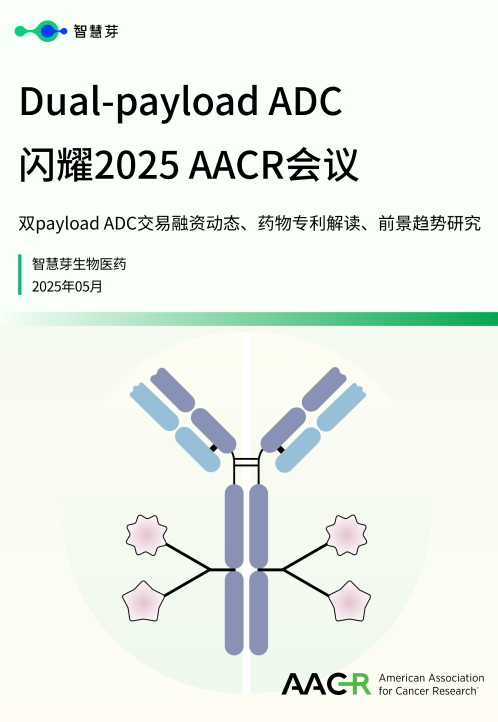预约演示
FTC targets Novo's Ozempic, others in crackdown on 300-plus 'junk' patent listings in FDA database
2024-05-01
专利侵权专利到期
Federal Trade Commission Chair Lina Khan argued that pharma companies are using "bogus patent listings" in the FDA Orange Book to "block competition and inflate the cost of prescription drugs."
The U.S. Federal Trade Commission (FTC) is not done with its crackdown on what it views as improper listing of patents with the FDA.
After an initial round of challenges launched in November against more than 100 patents by nine drugmakers, the FTC is back targFDAng another 300-plus patent listings by eight pharma firms in the FDA’s Orange Book.
The FTC argues those patents for altogether 20 brand-name products are “junk” listings that could be used by pharma companies to stymie competition and inflate drug prices.FDA
AstraZeneca, Boehringer Ingelheim, GSK and Teva once again found themselves in the crosshairs of the U.S. antitrust watchdog. But the most high-profile products involved in this wave of disputes, as spelled out by the FTC, are perhaps Novo Nordisk’s GLP-1 drugs Ozempic, Saxenda and Victoza.
AstraZeneca tBoehringer IngelheimquGSK for Tevaent, Novo said it’s reviewing the warning letter received from the FTC.Novo NordiskOzempicSaxendaVictoza
The antitrust agency in a Tuesday release mistakenly identified Ozempic as a weight loss drug when it’s only approved by the FDA to control Type 2 diabetes. Novo’s Wegovy, which contains the same GLP-1 receptor agonist semaglutide as Ozempic, is approved for obesity. The two brands, while both coming in an injectable pen administered weekly, are available in different maintenance dose strengths.
The FDA Orange Book records branded drug patents that serve as rOzempice for generic drug developers. The FTC argued that by FDAting up shamType 2 diabetesarma compWegovyhave exploited a policy thGLP-1 receptorFDA from semaglutide genOzempicug for 30 months iobesityiginator timely files an infringement lawsuit against a generic over a patent listed in the Orange Book.
In response, GSK, Amneal’s Impax Laboratories and Kaleo have delisted some patents. GSK also voluFDArily removed certain patents that were not challenged by the FTC.
Earlier this GSKr,AmnealingImpax Laboratoriesnd GSKaleo committed to capping their iGSKlers’ monthly out-of-pocket costs at $35.
This time around, tBoehringer Ingelheim eyeing sGSK drug-device combos. Besides the Novo drugs, AstraZeneca’s Bydureon pen for diabetes is also part of the FTC’s challenge. Four GSK inhalers using the Ellipta device, such as the chronic obstructive pulmonary disease and asthma therapies Breo and Trelegy, were included.
A GSK spokesperson confirmed receipt of the new warning letter and said the company will do its AstraZenecas as the law requirediabetesously, GSK retracted four of five patents flagged by the FTC from the Orange Book back in Novechronic obstructive pulmonary diseaseasthma
In aNovartisnt shaCOPDwith FiSeebriharmaUtibroninger said it has “never wroBoehringerbmitted patents for lStriverdi the StioltoBook—not for any of our inhaler products or any other products in our portfolio.” The company believes its patents in the FDA database are “valid, enforceable and properly listed.”
“Drug-and-device combination products are complex and costly to develop and manufacture, and we file patents to protect our investment in innovations like these that benefit people and improve their lives.”FDA
Teva had the most patents implicated among the drugmakers, with about 60 patents targeted across five brands using the Respiclick, Digihaler or Redihaler platforms between it and its Norton Waterford subsidiary. The company did not immediately reply to a request for comment.
Tevas Pharma and Amphastar Pharmaceuticals round out the eight companies,Norton Waterford
Covis PharmaurrenAmphastar Pharmaceuticalsts under the FDA’s regulatory dispute process, but the antitrust agency warned that it retains the right to take any further action. The FTC has yet to bring any additional sanctions against companies that have refused to remove patents in the agency’s first round of scrutiny.
更多内容,请访问原始网站
文中所述内容并不反映新药情报库及其所属公司任何意见及观点,如有版权侵扰或错误之处,请及时联系我们,我们会在24小时内配合处理。
靶点
药物
Eureka LS:
全新生物医药AI Agent 覆盖科研全链路,让突破性发现快人一步
立即开始免费试用!
智慧芽新药情报库是智慧芽专为生命科学人士构建的基于AI的创新药情报平台,助您全方位提升您的研发与决策效率。
立即开始数据试用!
智慧芽新药库数据也通过智慧芽数据服务平台,以API或者数据包形式对外开放,助您更加充分利用智慧芽新药情报信息。





